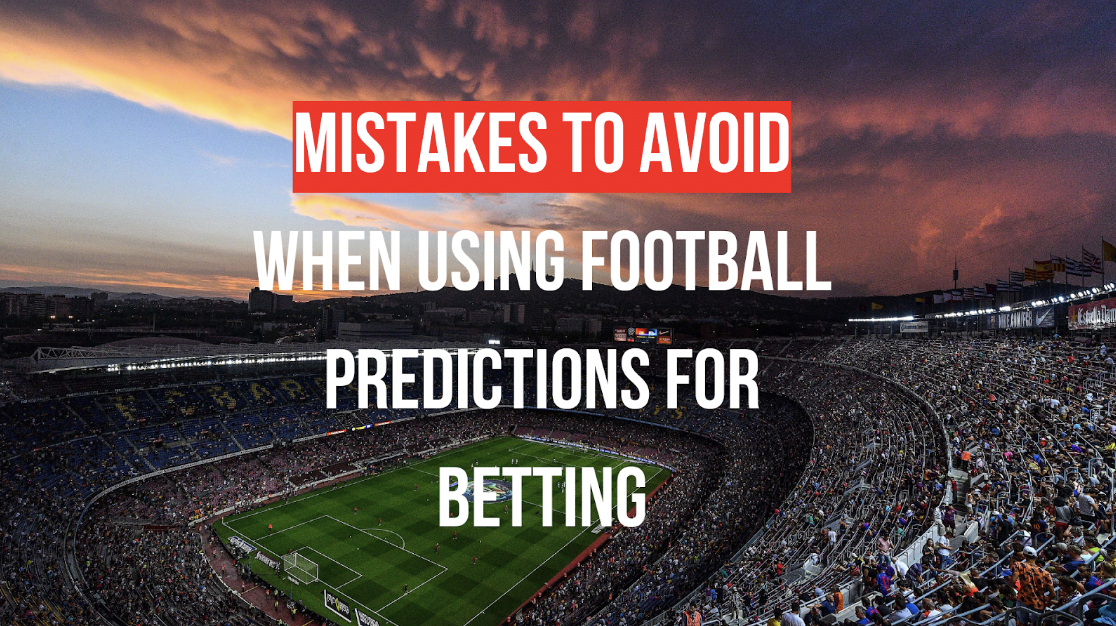How to use statistics to improve match predictions for bets
In the realm of sports betting, the difference between winning and losing often hinges on the precision of your match predictions. Statistics, when used wisely, can be a powerful tool in sharpening these predictions. This guide will explore how statistical analysis can be utilized to enhance your betting strategies, with a focus on practical approaches and easy-to-understand examples.
The foundation of statistical betting
Before diving into the complexities of predictive models, it’s crucial to understand the basic statistics that form the backbone of sports analysis. These include team performance metrics, player statistics, and historical data on match outcomes. Integrating this data into your betting strategy can provide a more informed basis for your predictions.
Understanding odds and probabilities
The odds provided by bookmakers are a reflection of the probabilities of various outcomes. By comparing these odds with your statistical analysis, you can identify value bets where the probability of an outcome is greater than what the odds suggest. This comparison is the first step in using statistics to improve your betting outcomes.
Leveraging historical data
Analyzing past performances of teams and players can reveal patterns and trends that are likely to influence future matches. For instance, a football team that consistently performs well under certain conditions (e.g., home games, specific weather) is a valuable insight for predicting future matches. Incorporating tools like bet NG into your research process can streamline the gathering of such historical data and betting odds.
Key statistical tools and techniques
To effectively use statistics in betting, familiarizing yourself with some key tools and techniques is essential. These include:
- Regression analysis: This helps in understanding the relationship between different variables, such as a team’s scoring ability and its win rate. By analyzing these relationships, you can make more accurate predictions about match outcomes.
- Probability models: These models use statistical analysis to predict the likelihood of various outcomes, providing a quantitative basis for betting decisions.
Practical tips for applying statistics in betting
- Start with a clear understanding of the sport: Knowledge of the game’s nuances and strategies enhances the effectiveness of statistical analysis.
- Use a variety of sources for data collection: Diversify your data sources to include not just historical performance but also player fitness, team morale, and other qualitative factors.
Developing a predictive model
Creating your predictive model involves collecting data, selecting relevant variables, and testing your model for accuracy. This process can range from simple models, like comparing teams’ average goals per game, to more complex machine learning models that can analyze vast datasets for patterns.
Steps to build your model
- Data collection: Gather historical data on teams, players, and match outcomes.
- Variable selection: Choose which statistics are most relevant to predicting match outcomes. This might include goals scored, possession percentages, or player performance indexes.
- Model testing: Use historical matches to test the accuracy of your model’s predictions. Adjust your model based on the results to improve its predictive power.
Incorporating machine learning
For those with the technical skills, machine learning offers a way to handle large datasets and uncover complex patterns. Tools like Python and R provide libraries specifically designed for sports analytics, allowing for the development of sophisticated predictive models.
Case studies: success stories in statistical betting
To illustrate the power of statistics in betting, consider the case of a bettor who used regression analysis to identify undervalued teams in European football leagues. By focusing on teams that performed well on key metrics but were undervalued by bookmakers, the bettor consistently found value bets, leading to long-term profitability.
Another example involves a group of analysts who developed a machine learning model to predict NBA game outcomes. Their model, which analyzed player performance data and team dynamics, outperformed traditional betting odds, demonstrating the potential of advanced statistical methods in sports betting.
Conclusion
Using statistics to improve match predictions for bets is about combining thorough research, sophisticated analysis, and a deep understanding of the sport. By adopting a statistical approach, bettors can gain a significant edge over the competition, making more informed decisions that enhance the chances of betting success. Remember, the goal is to use data and statistics not just as a guide but as a strategic tool in crafting a more informed and effective betting strategy.
Key takeaways
- Start with a solid understanding of basic statistics and how they apply to the sport you’re betting on.
- Utilize historical data and odds comparison to find value bets.
- Develop or leverage predictive models to enhance your betting accuracy.
- Stay informed and adaptable, as the sports world is constantly evolving.
By following these guidelines and continuously refining your approach, you can leverage the power of statistics to not only improve your match predictions but also to potentially increase your winnings in the betting world.




